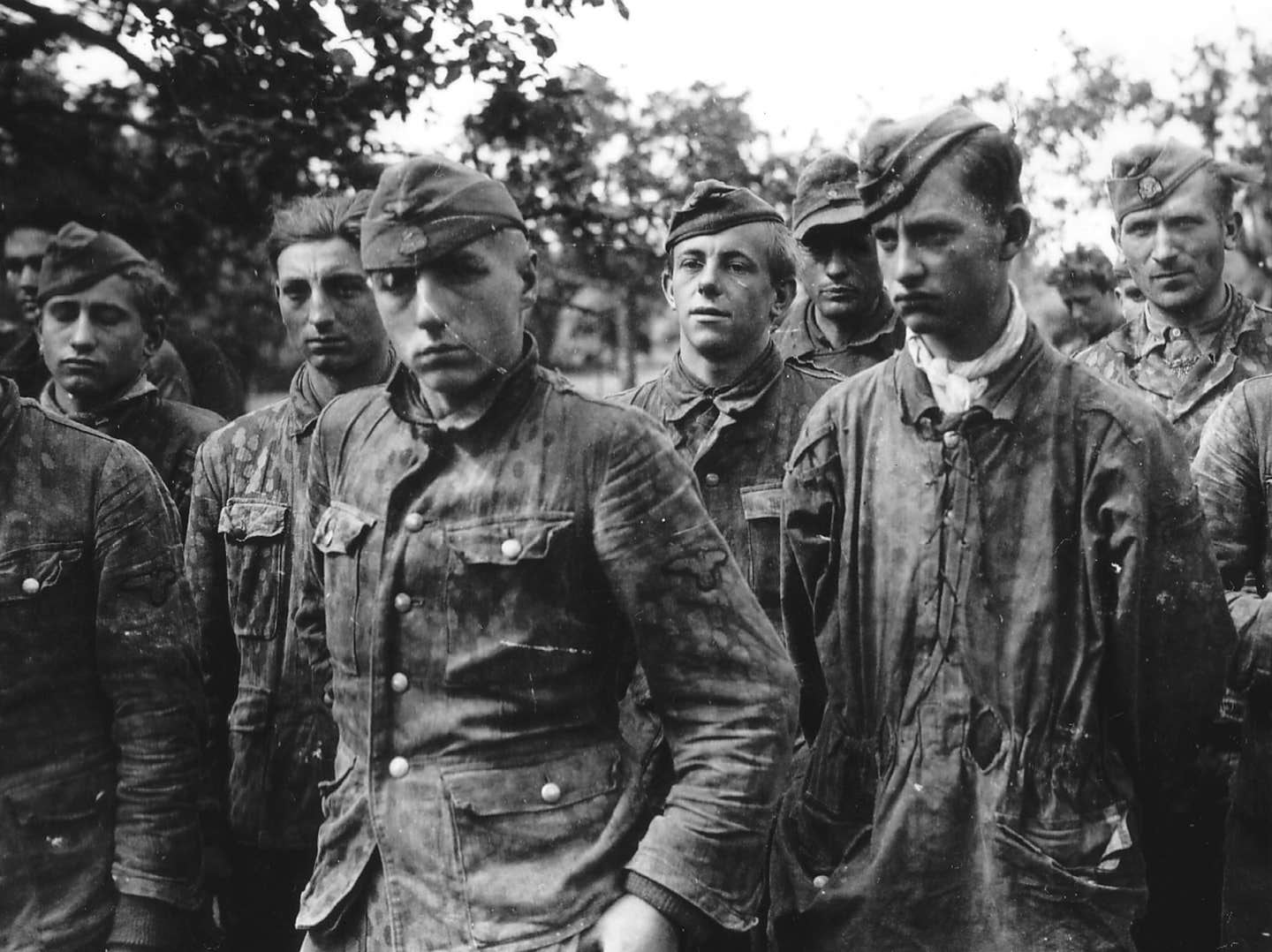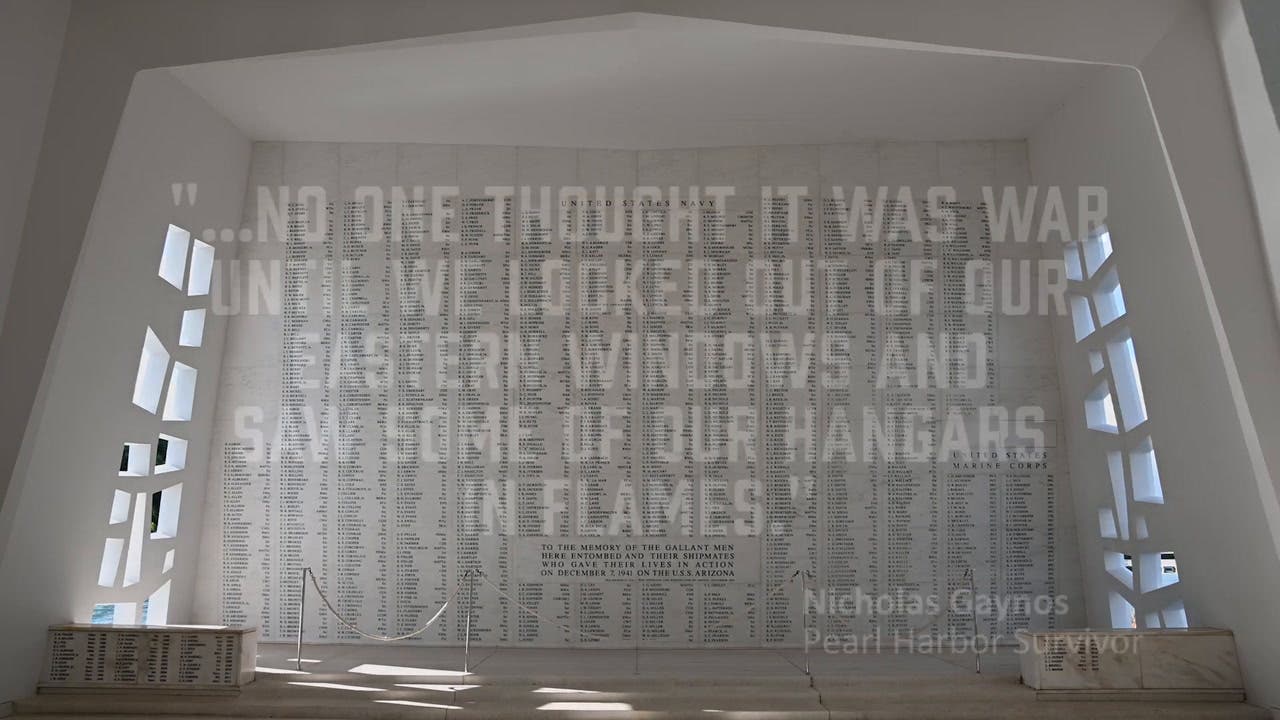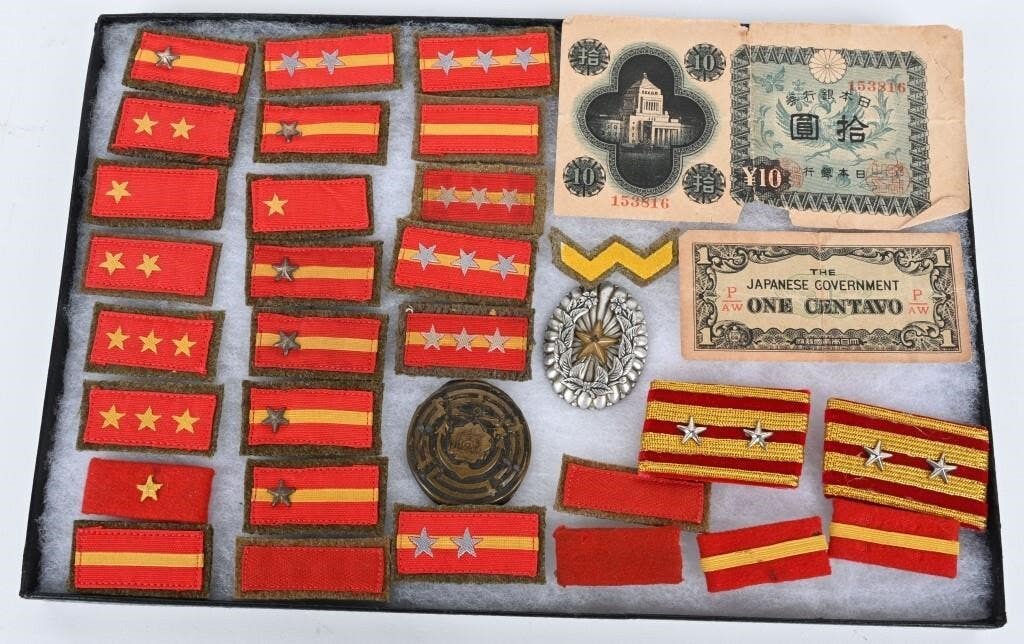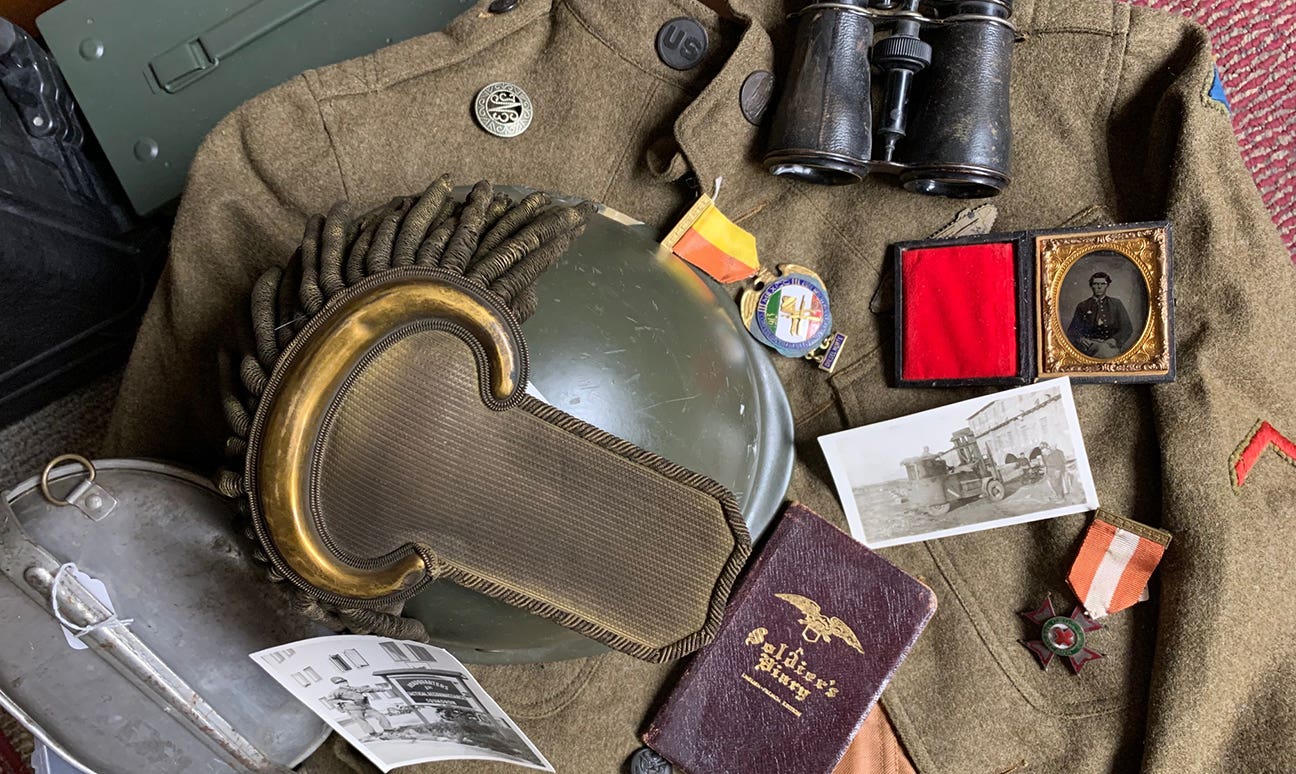Good History is Built on Good Research
“Adolf Hitler didn’t die in the bunker, “ a 10-year old participant in a regional History Fair explained to me. “He escaped on a submarine and made it to South…
“Adolf Hitler didn’t die in the bunker, “ a 10-year old participant in a regional History Fair explained to me. “He escaped on a submarine and made it to South America where he lived for many years after WWII.” A bit aghast with the notion of a pint-sized historian espousing what falls on the historical spectrum somewhere between “conspiracy theory” and “Neo-Nazi hogwash,” I had to compose myself before continuing my interaction with the young WWII enthusiast. “What is the source of your information?” I finally asked, utilizing the line of questioning that History Day judges followed. “It’s all over the internet,” the decade-old revisionist began, “I saw a great episode on Youtube.” He volunteered his source, “You want the address?””
Know your Sources
After the young boy finished his presentation on Hitler’s escape to South America, I thanked him before explaining how important it is for historians to question conventional wisdom. “It is equally important,” I advised, “To research the source of information that other historians present.”
Standing in the presence of other students and judges, I couldn’t say what I really wanted to: “What parent or teacher allowed you anywhere near such clap-trap?” No, I could not. Rather, I completed my time at the event, watched the awards presented (thankfully, for projects a bit more deserving than the internet-supported conspiracy presentation), and then drove home.
I replayed my conversation with the young researcher over and over in my mind. Basing a project on bad history wasn’t his fault. We all love alternative views of conventional wisdom. The psychology behind is actually pretty easy to follow: Alternative history produces a person's sense of power by providing the feeling of having the “inside” story on an historical event. Sometimes, this can lead to discovering new, valuable lessons as more data is uncovered, evaluated, and digested.
It is, however, pretty obvious (to most) that placating an emotional need for self-importance doesn’t transform theories into fact. But that wasn’t what was really troubling me.
The 10-year-old thought he was doing quality research. An advisor suggested he look on the internet. The boy followed the teacher's suggestion only to uncover something that appeared to be a revelation.
After my four-hour drive, I decided to look at what sort of sources the boy may have consulted. On a Google search line, I typed, “Hitler didn’t die in bunker; South America.” A second after hitting “return,” I was looking at 100s of opportunities to read, view, and listen to reports about Hitler escaping his Berlin bunker in 1945 only to reemerge in South America after the end of WWII.
The crisis of history is much larger than I could have ever imagined.
A New Age
Face it, the internet is still in its infancy. Governments grapple with how to control it, businesses spend millions on trying to monetize it, and the world wrestles between choices of extremes ranging from time-sucking cat videos to internationally distributed terrorist recruitment propaganda. In between those two disturbing poles, there is an infinite amount of information…every single bit presented on the same, non-judgemental platform as the next.
The internet is truly a wonderment. More information is available at our fingertips than we could have found in dozens of library visits just twenty years ago. And yet, with all that information available, we haven’t figured out how to filter it—how to sift “good history” from “fantasy;” how to winnow “radicalization” from “religious instruction;” or how to discern between “matchmaking” and sexual exploitation. More information is available to each of us than ever before in history, and it is all left up to the individual to decide the merit of each and every byte of it.
“On the Interet they’re getting….”
Anyone who has been in an antique shop, at a show, or walking around an auction has heard justification for a price begin with the phrase, “On the interent, they are getting…” The would-be customer or seller throws the term “internet” out as if it is some magical, immediate endorser—not unlike we used to hear in the old days of collecting, “In the book they say…” And yet, when asked about particulars on the internet site (or title of “the book”), these would-be pundits back off, the quality of their research immediately withering under the spotlight.
Quantifiable research is the most potent weapon a historian can employ in interpreting events of the past. Most serious students know that the quality of interpretation is only as good as the sources on which it is built. But with so many sources available, how is a person to know what is “good” and what is just misguided historical fantasy? On the suggestion of his teacher, the ten-year-old had opened the door to a huge reservoir of sources. But why didn't the teacher help the boy with the next step of the process--evaluation?
“Seduction” isn’t “Study”
It is seductive to think that the internet is the source of all historical research. I marvel, in fact, at historical tracts now available online today when, only a few years ago, I had spent hours of travel to collections in order to study examples. The internet has become the single most important advancement in historical research—and yet, it is the most dangerous, as well.
History is not a self-guided discipline. Real discovery and understanding of historic events occurs only after consulting numerous sources, discussing with other scholars, and testing ideas before peers. While “one-and-done” research is tantalizing, it isn’t “research.” Every great historian had a powerful mentor who helped him or her understand the steps of the historical process.
Everyday, internet forums bristle with one-and-done pundits. “What is it?” is followed by quick, rapid fire identifications. Often, the thread carries on before someone steps in to say, “You have it all wrong,” and goes on to cite numerous published sources to back up what is first perceived as contrary to the “flow of ideas.” Nothing, however, seems to be a thread-killer like well-cited source material. Usually, upon presentation of verifiable source material, the discussion seems to end and a new thread opens with a brand new, “What is it” or “Whattya think?”
No Quick Fix for History
All of this brings me back to my encounter with the young WWII revisionist. The kid considered his project as having merit because he could cite a number of web sites that echoed his thesis: “Hitler escaped the bunker.”
With so many of us interested in the preservation of the historical record, our next challenge is not what interesting relic or factoid we can uncover, but how will we guide generations through the morass of the most democratic platform for information sharing to exist. Learning the ability to evaluate source material is a skill a young person will carry with them through their life.
While I don't have any answers about the paradox between the glories and pitfalls of the internet, I do have a suggestion (though I borrowed it from each of the teachers I had in school and professors who taught me in college). It is one each of us can use, whether in face-to-face discussions or on internet forums: Ask for the source of information. Then allow for a discussion to occur about the merit of the source. Above all, don’t let others bully you -- or anyone else -- into believing that the evaluation of ideas and theories is somehow “inhibiting free expression.”
Evaluation is the cornerstone of historic inquiry. Without serious, quantifiable discussion of historical events, we won’t be able to provide a solid foundation for future study. But with it, we can be satisfied that the factual record will endure well beyond the day when you and I “become part of the historical record.”
Share the passion,
John Adams-Graf
Editor, Military Trader and Military Vehicles Magazine
John Adams-Graf ("JAG" to most) is the editor of Military Trader and Military Vehicles Magazine. He has been a military collector for his entire life. The son of a WWII veteran, his writings carry many lessons from the Greatest Generation. JAG has authored several books, including multiple editions of Warman's WWII Collectibles, Civil War Collectibles, and the Standard Catalog of Civil War Firearms. He is a passionate shooter, wood-splitter, kayaker, and WWI AEF Tank Corps collector.








